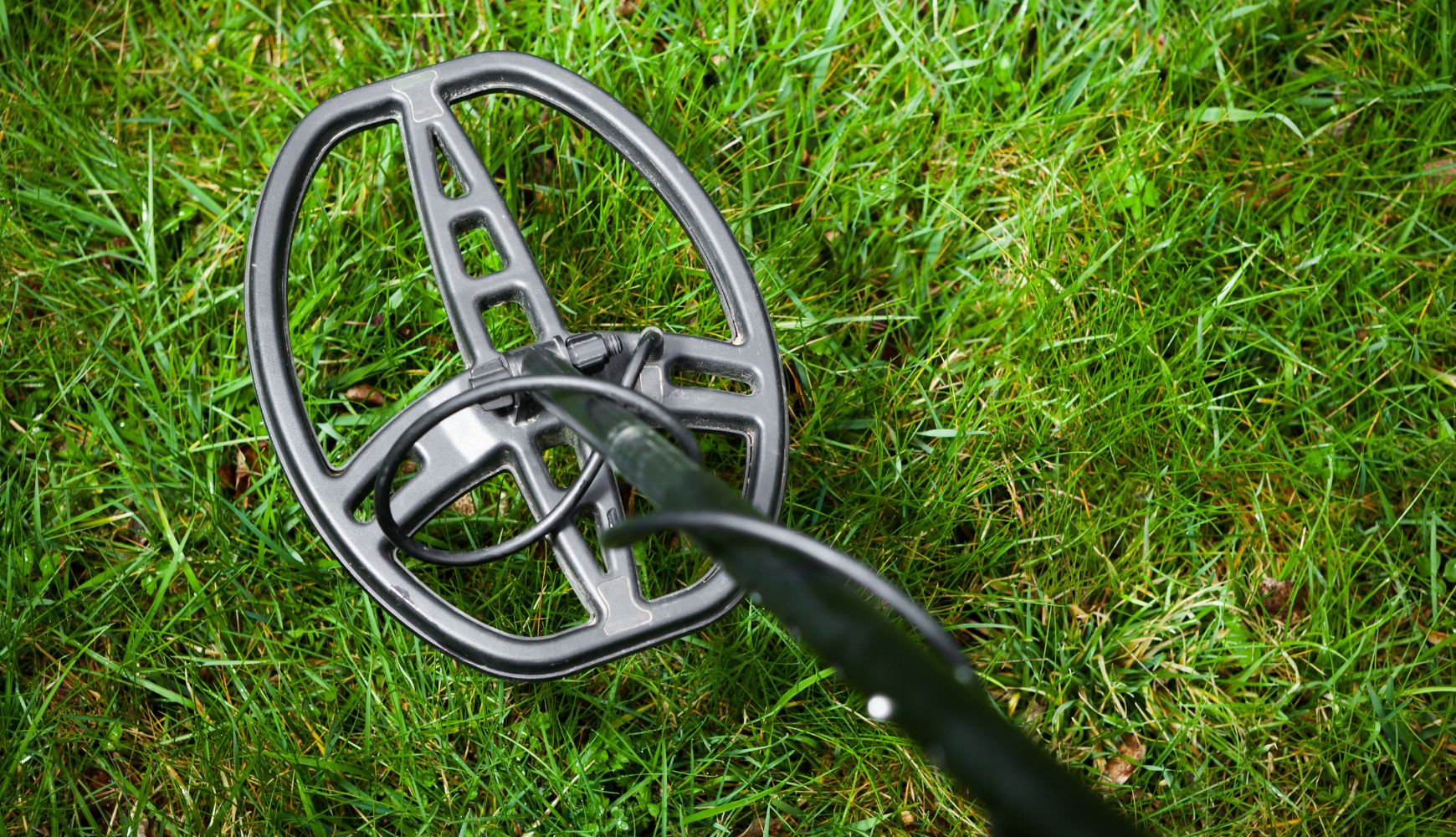
5 Things To Know Before Buying a Metal Detector
So, you’ve decided to buy a metal detector! Detecting is a rewarding and potentially lucrative hobby, but you’ll need high-quality equipment and patience on your side to begin. Northwest Detector Sales is here to offer a few helpful things to know as you shop for detecting equipment and familiarize yourself with it.
How a Metal Detector Works
When you turn on your metal detector, it sends out an electromagnetic signal to search for hidden metal treasures. If it detects something, that metal object will send back a signal of its own for the detector to pick up!
It’s the same principle that radar equipment uses; bats use sound waves similarly! Signals bounce off one another to alert you to the presence of an object you can’t physically see.
Frequency
Most metal detectors geared towards hobbyists use a very low frequency (VLF) transmitter, generally between 5-40 kHz. Low frequencies are great for detecting highly conductive metals like silver, but small items may be harder to detect because fewer waves are transmitted. Meanwhile, higher frequencies transmit more waves and detect gold and iron more easily.
Sensitivity
Depending on the metal detector you choose, you may have the option to adjust its sensitivity to detect small objects or things buried deep in the ground. Northwest Detector Sales offers a wide range of metal detecting equipment for sale, and many of our beginner-friendly detectors have ground-balancing settings so you can adjust for sensitivity.
Discrimination
When you first try your new metal detector, the first few “treasures” you find may be old screws or bottle caps. Luckily, your metal detector has settings that allow you to weed out garbage and avoid wasting time digging it up.
Play with the notch discrimination setting according to your owner’s manual to tell your metal detector not to search for items within certain frequencies. This setting will help you avoid digging up buried trash and focus your search on treasure.
Battery Power
Pay attention to a metal detector’s batteries as you shop. Some models use 9-volt batteries. Others use a pair of AAs, and others still may use rechargeable batteries!
If you plan to take your metal detector on day-long adventures, invest in a few spare batteries. Don’t worry about running out of juice halfway through your search; you can simply pop in your spare set and keep detecting!
Keep the above things to know in mind before you buy a metal detector. Choose a detector you can easily use and transport, and don’t hesitate to play with the settings to increase your productivity. Happy detecting!

